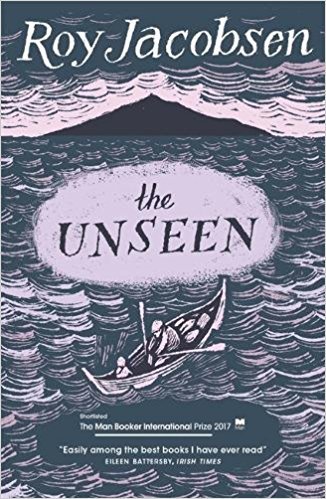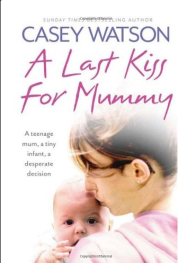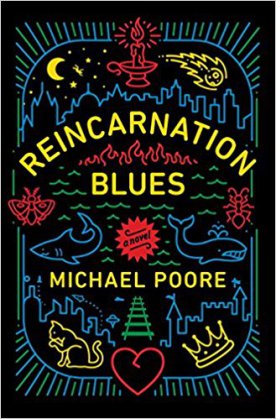A Norwegian translation about life on a remote island, Barrøy, inhabited by one family, the Barrøy’s. There are other islands nearby and a mainland with a village. It’s an enjoyable read as we follow the family like through around 20 years. Their life is tough and they can’t escape the elements. They fish and farm and have a constant struggle between life on the sea and time on land. The text is poetic and lovely. The translation is by Don Bartlett and Don Shaw.

The family are Hans Barrøy, his wife Maria, his father Martin, his sister Barbro, and daughter Ingrid. Ingrid is three when we meet her and she becomes an adult over the course of the story and truly this is her story. People come and go – don’t worry, I’m not going to be writing any spoilers about how their lives change here.
…three-year-old Ingrid with the long, tarry-brown hair and bright eyes, and feet that probably won’t see a pair of shoes before October; where did she get those eyes, so devoid of that lethargic stupidity engendered by poverty?
It took a while for me to place the novel in time. The Barrøys lead a traditional life and this means they could be living 100s of years ago, or be in modern times but shunning modern technology. There’s one reference to something being on the beach for 100 years that they discover in the story. So it’s set 100 years ago!
Barbro has some learning difficulties and several times she is supposed to go to the mainland to work as a maid, but it doesn’t work out. The pull of the island on the family is one of the themes running throughout The Unseen. As is the role of women and men. There are challenges to traditional gender roles, both overt and more subtle. It is revealed that the reason Barbro carries her chair around with her is because a generation before women weren’t allowed chairs! And she enjoys work that is considered ‘mens work’, but it is convenient for her to carry on with it to help the family.
From that day on Ingrid cards much faster than Barbro, who is thereby relieved of this drudgery and can be in the barn or the boat shed repairing fishing nests like a man.
Hans also went into the cowshed, a man in the cowshed. Martin had never heard or seen anything so ridiculous.
Mostly it’s about the changing relationships between the islanders as they age, and as events occur to change them.
One of my favourite things about this translation was the conversations between islanders. They have a broad, obviously Norwegian, dialect… except that in my mind it is broad Lancashire. I just can’t help it, it’s all dropped ts!
“By Jove, A can see th’ rectory too” Hans Barrøy walks past him and says: “And from hier tha can see th’ church”
It’s not often this difficult to understand:
“So hva’s wrong?” “It’s nothin’. Hva’s tha babblen’ about?” “A see hva A ca’ see.” “An’ hva ca’ tha see?”
This is how these Norwegians sound in my head:
I enjoyed The Unseen and it’s look at like on a Norwegian Island. I don’t read many translations and think I should try some more.
p.s I was definitely drawn to the book initially because I love a punk band called The Unseen. This got me to read the book description, and *this* is why I actually read it





